Transformación Digital & IA en Educación Superior - AI-Powered Higher Ed Transformation
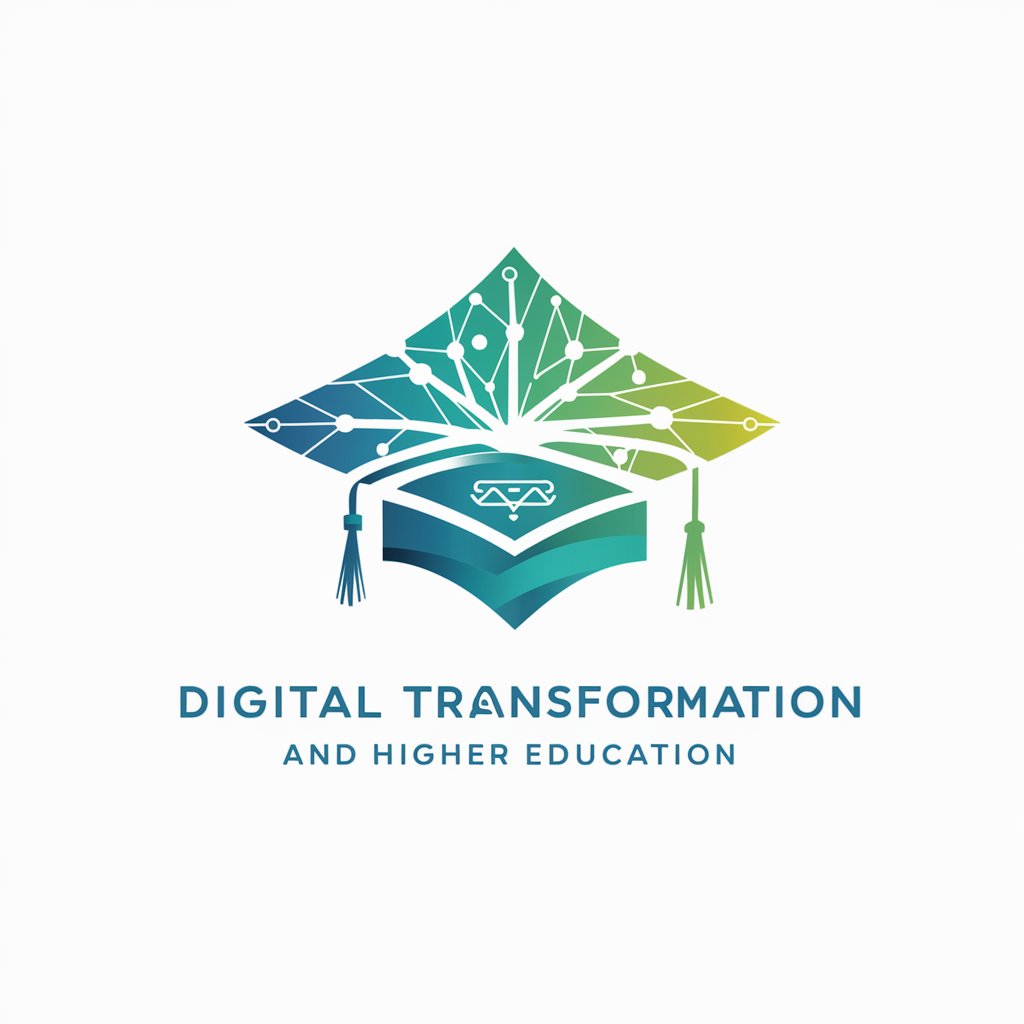
Welcome to your AI-driven educational transformation.
Empowering Higher Education with AI
How can AI enhance personalized learning in universities?
What are the key steps for successful digital transformation in higher education?
How can AI tools be used to improve student assessment and feedback?
What are the ethical considerations when implementing AI in educational institutions?
Get Embed Code
Digital Transformation & AI in Higher Education
Digital Transformation & AI in Higher Education focuses on integrating artificial intelligence (AI) and digital technologies into higher education institutions, such as universities, to improve educational outcomes, enhance administrative efficiency, and foster innovative teaching and learning environments. This involves leveraging AI to personalize learning experiences, automate administrative tasks, and utilize data analytics for informed decision-making. For example, AI can tailor educational content to individual student needs, predicting areas where students may struggle and offering additional resources or challenges as appropriate. Additionally, digital transformation encompasses the adoption of digital tools and platforms to streamline processes, from student admissions to alumni engagement, ensuring institutions remain competitive and relevant in a rapidly evolving educational landscape. Powered by ChatGPT-4o。

Functions and Applications
Personalized Learning
Example
Using AI algorithms to analyze students' learning patterns and performance, thereby customizing course materials and pacing according to individual needs.
Scenario
At a university, an AI-driven platform assesses each student's progress in real-time, offering tailored resources and quizzes to strengthen understanding in weaker areas, thus enhancing student engagement and success rates.
Administrative Automation
Example
Implementing AI-based systems for enrollment, scheduling, and student services to streamline operations and reduce manual workload.
Scenario
A university employs a chatbot to handle common student inquiries regarding course registration, campus services, and academic policies, freeing up staff to focus on more complex issues.
Data-Driven Decision Making
Example
Leveraging big data analytics and AI to inform strategic decisions, from curriculum development to campus resource allocation.
Scenario
An institution uses data analytics to track student engagement and outcomes across different programs, identifying areas for curriculum improvement and investment to boost academic performance and student satisfaction.
Research Enhancement
Example
Applying AI tools to analyze vast datasets, predict trends, and generate insights, thereby advancing academic research.
Scenario
Researchers at a higher education institution use machine learning to process and analyze large-scale data sets in environmental science, leading to groundbreaking insights on climate change patterns.
Digital Campus and Smart Infrastructure
Example
Integrating IoT devices and AI to create a connected, efficient, and sustainable campus environment.
Scenario
A university implements smart sensors across campus to monitor energy usage, optimize lighting and heating in real-time, and reduce operational costs while promoting sustainability.
Target User Groups
University Administrators and Decision-Makers
This group includes presidents, deans, and department heads who are responsible for strategic planning and implementation of digital and AI technologies within their institutions. They benefit by improving institutional efficiency, enhancing the quality of education, and ensuring competitiveness.
Faculty and Educational Staff
Teachers, lecturers, and support staff can leverage AI for personalized teaching, curriculum development, and student support, enriching the learning experience and improving educational outcomes.
Students
Students benefit directly from personalized learning experiences, digital resources, and AI-driven tools that support their academic journey, preparing them for success in a digital world.
Researchers
Academic researchers utilize AI and digital tools for data analysis, collaboration, and innovation in their research activities, accelerating discoveries and enhancing research impact.
Policy Makers and Educational Authorities
This group benefits from insights on the integration of AI and digital transformation in higher education to develop policies, frameworks, and funding models that support the adoption of these technologies across the educational sector.

How to Use Transformación Digital & IA en Educación Superior
1
Start your journey at yeschat.ai for an immediate exploration without needing to log in or subscribe to ChatGPT Plus.
2
Identify your specific needs or challenges within the higher education sector that could benefit from digital transformation and AI integration.
3
Explore the various functionalities offered, such as curriculum development, AI in classroom teaching, or administrative process optimization.
4
Utilize the available resources and tools to implement AI-driven solutions, keeping in mind the ethical considerations and privacy concerns.
5
Regularly assess and adapt the AI and digital solutions to ensure they meet the evolving educational goals and challenges.
Try other advanced and practical GPTs
Traducteur en ligne
AI-powered, Fluent French Translations
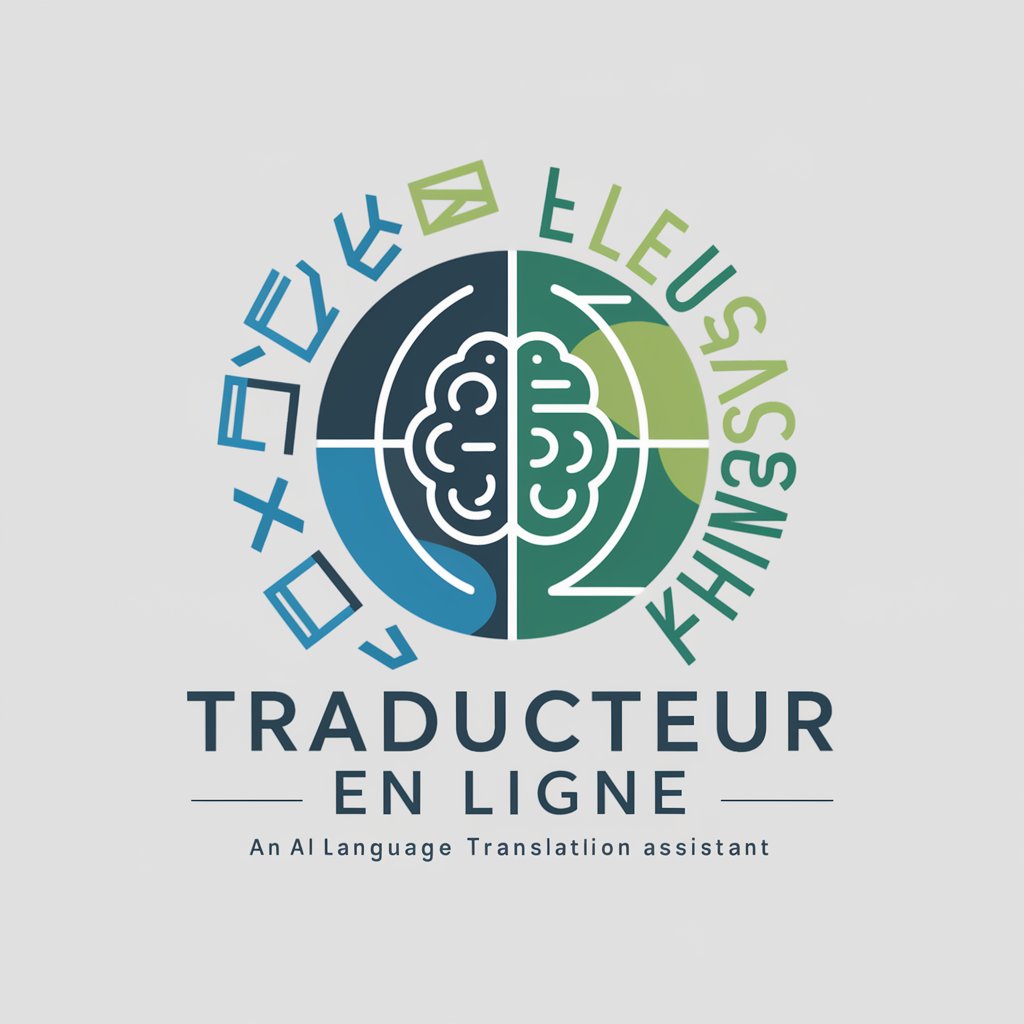
Asesor en Búsqueda de Trabajo
Empowering your job search with AI
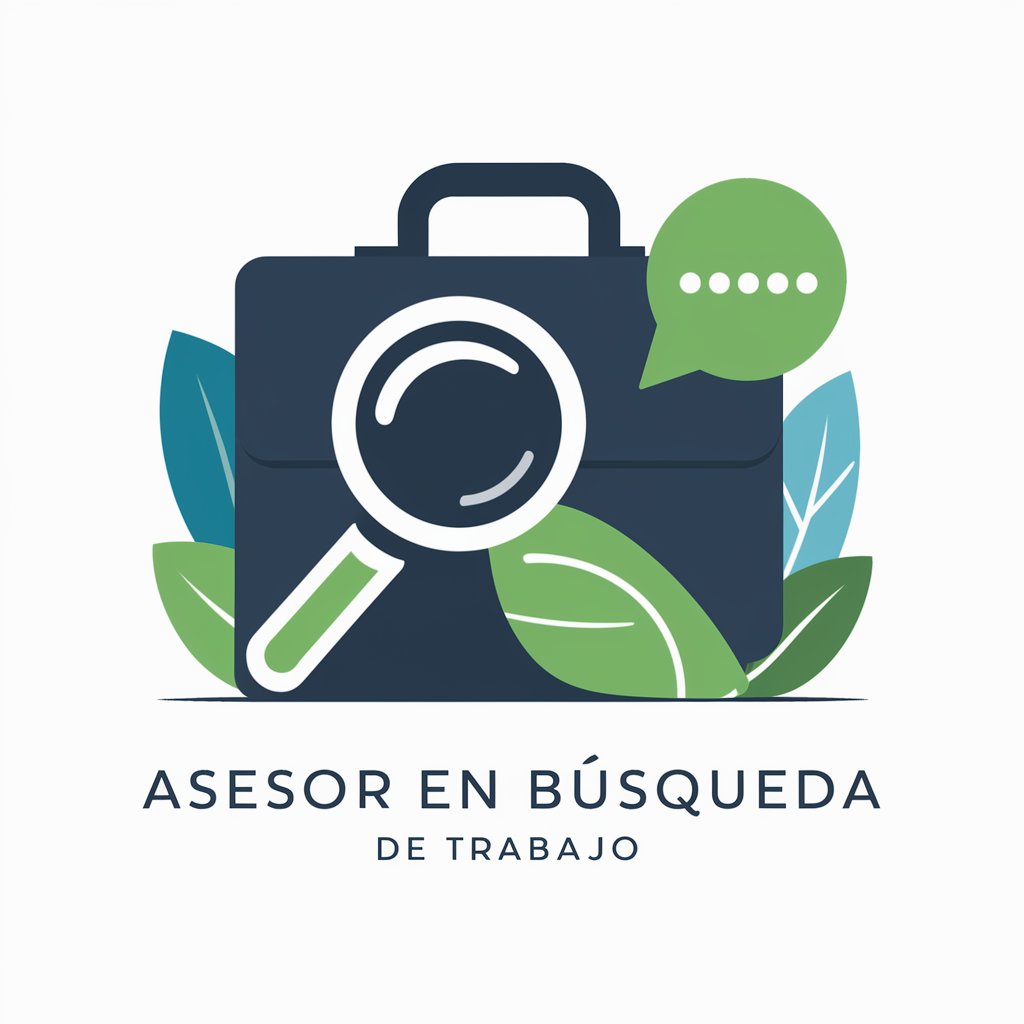
SEO Master
Empowering SEO with AI-driven creativity

Meta Data Master
Elevate Your Web Presence with AI-Powered Meta Data
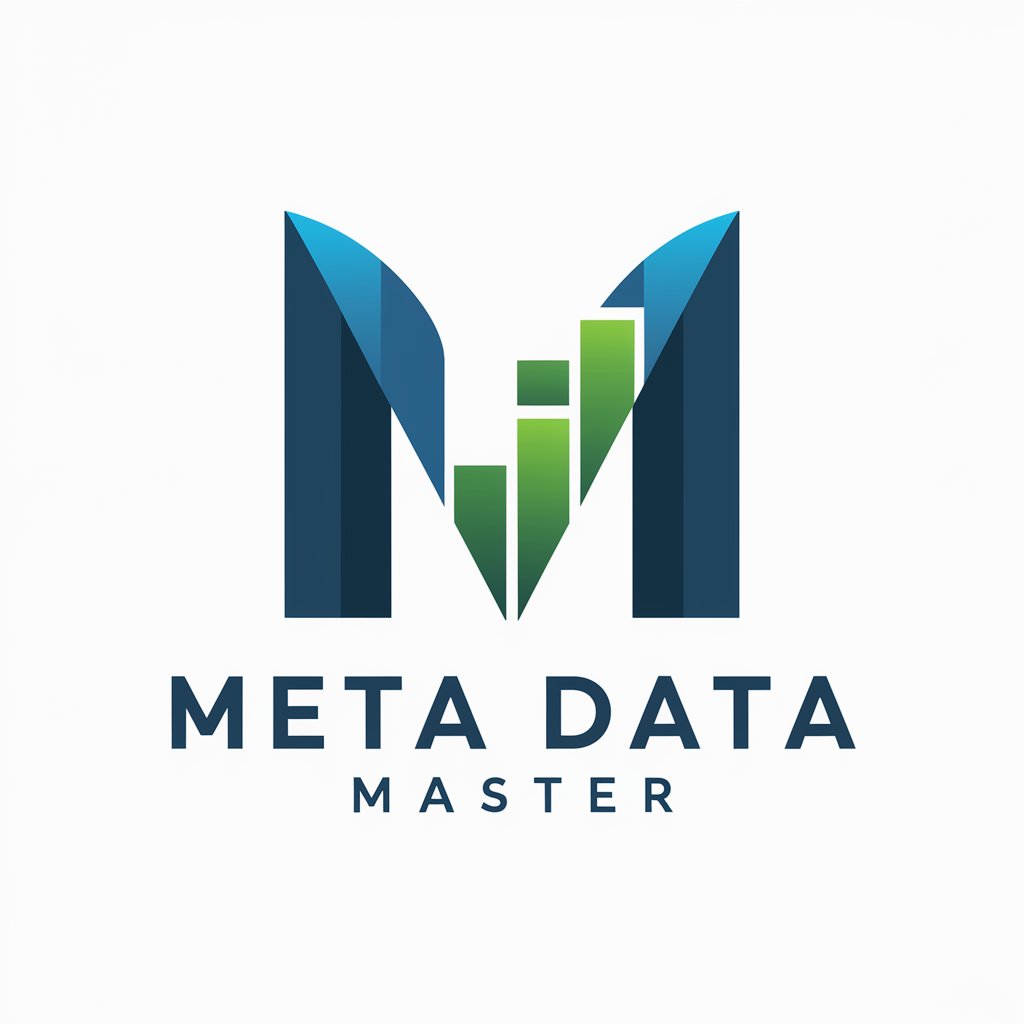
12 Bits
Empower Your Marketing with AI
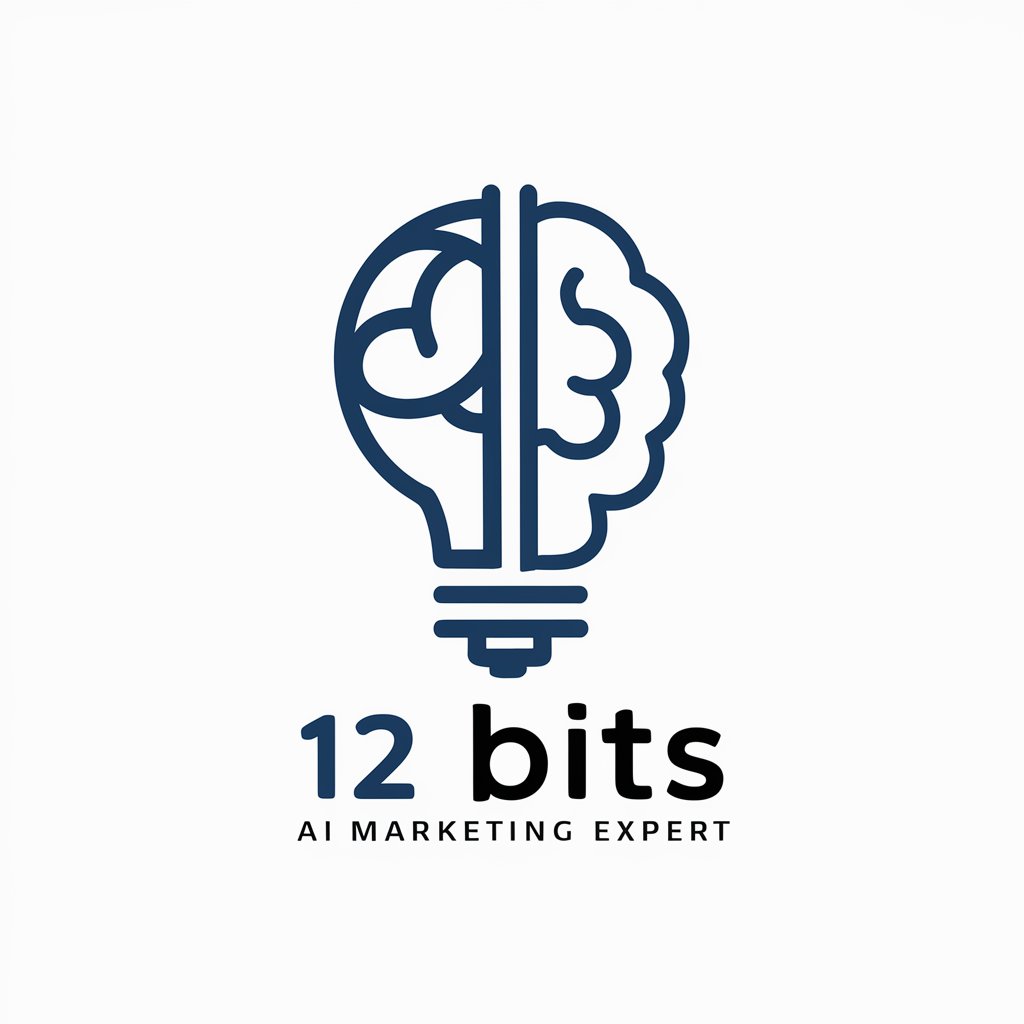
GPT d'assistance en pédagogie et technopédagogie
Empowering education with AI
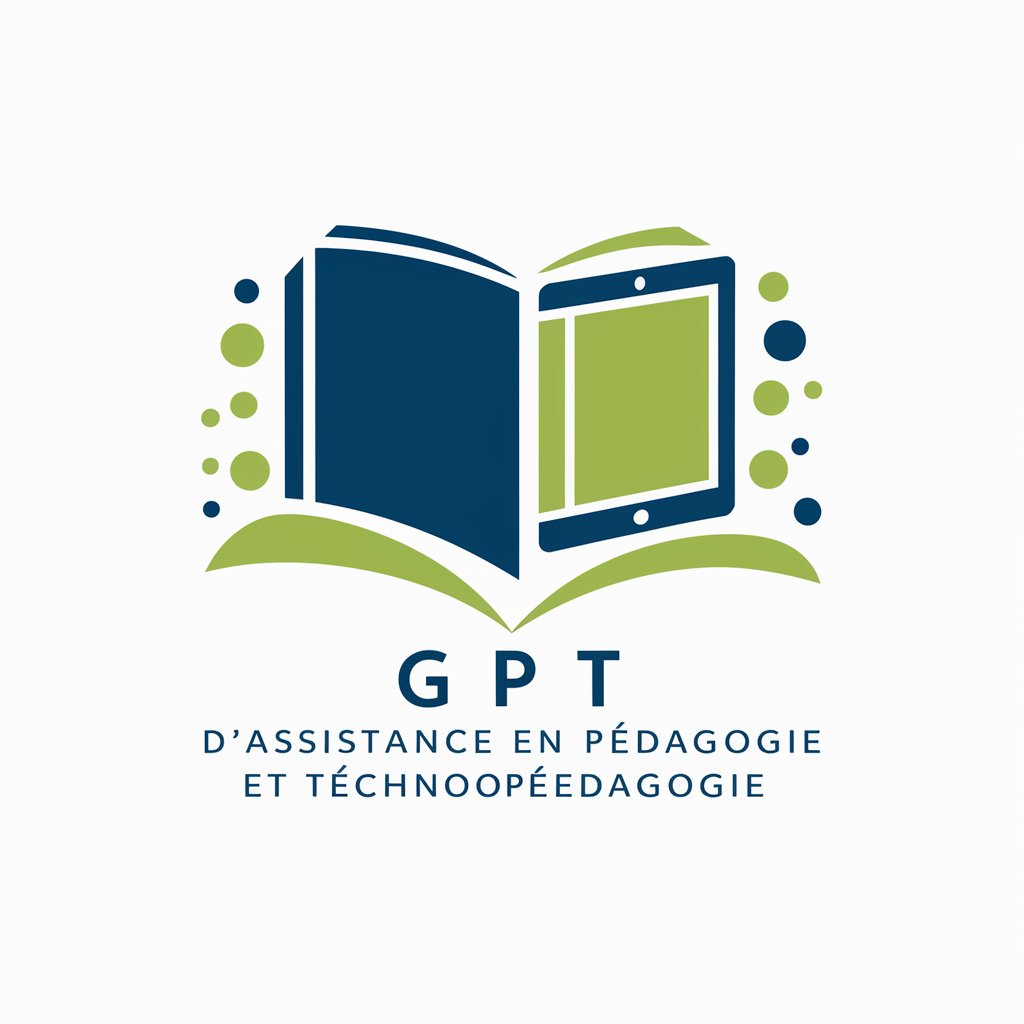
NICE Match
Empowering Cybersecurity Excellence with AI
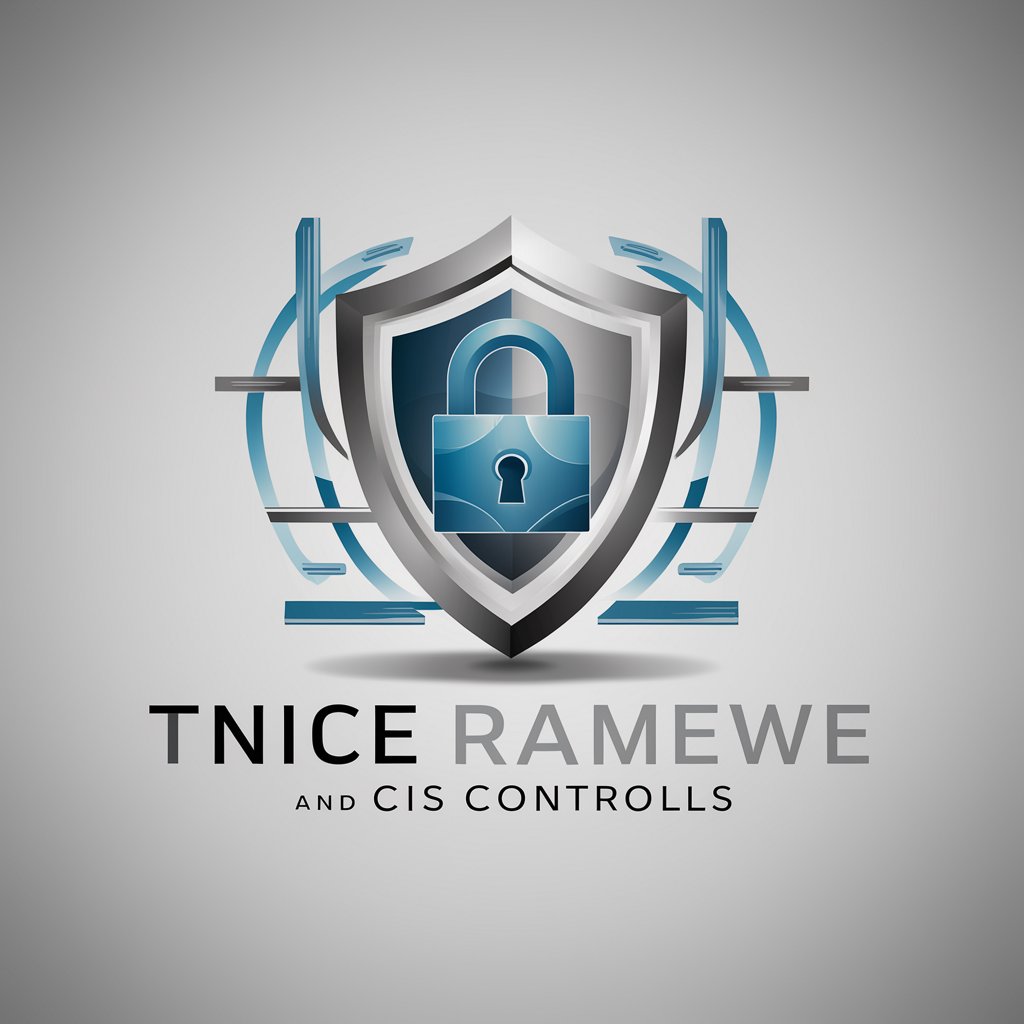
Experto en Notion
Unlock Notion's full potential with AI-powered guidance.
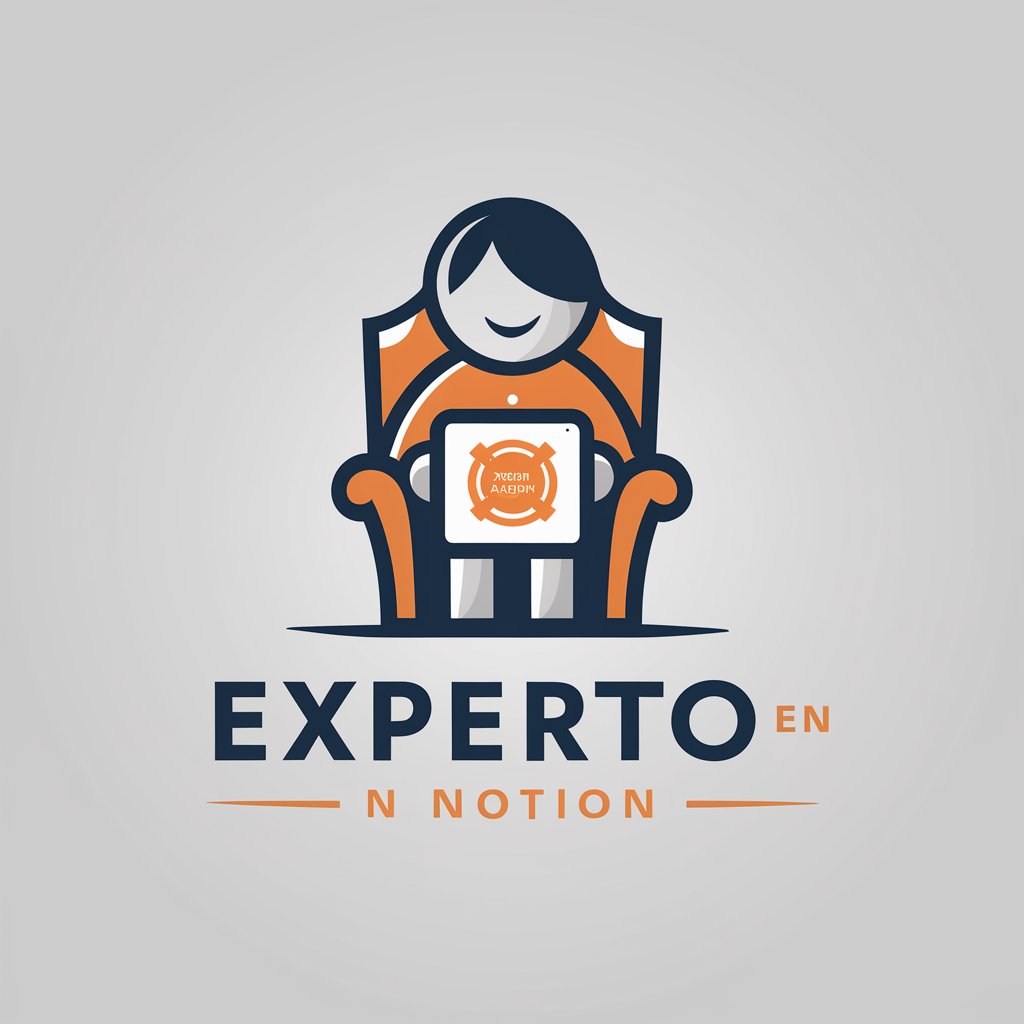
Ayudante de Doctor IA.
Empowering medical understanding with AI
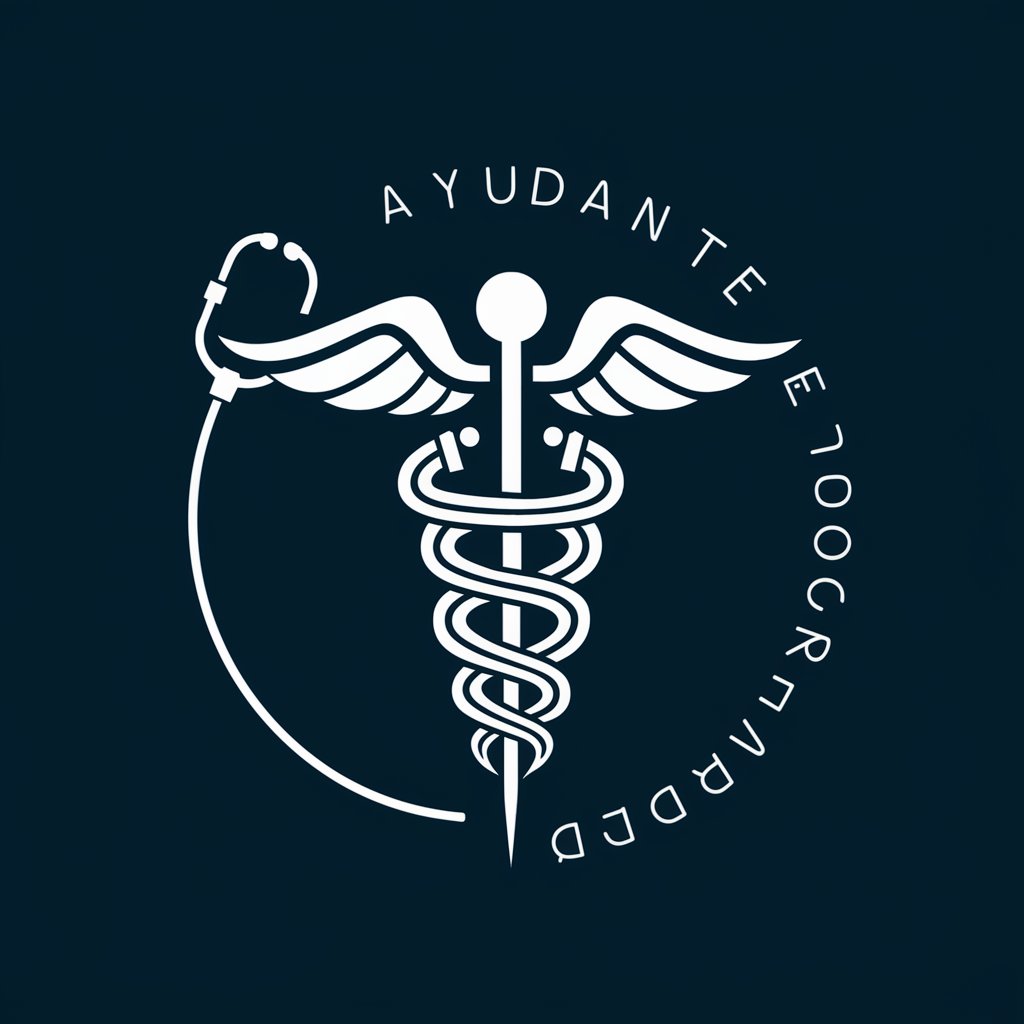
tłumacz en->pl
Translate effortlessly with AI precision

AI Executive Order Analyst
Deciphering AI Policy for All
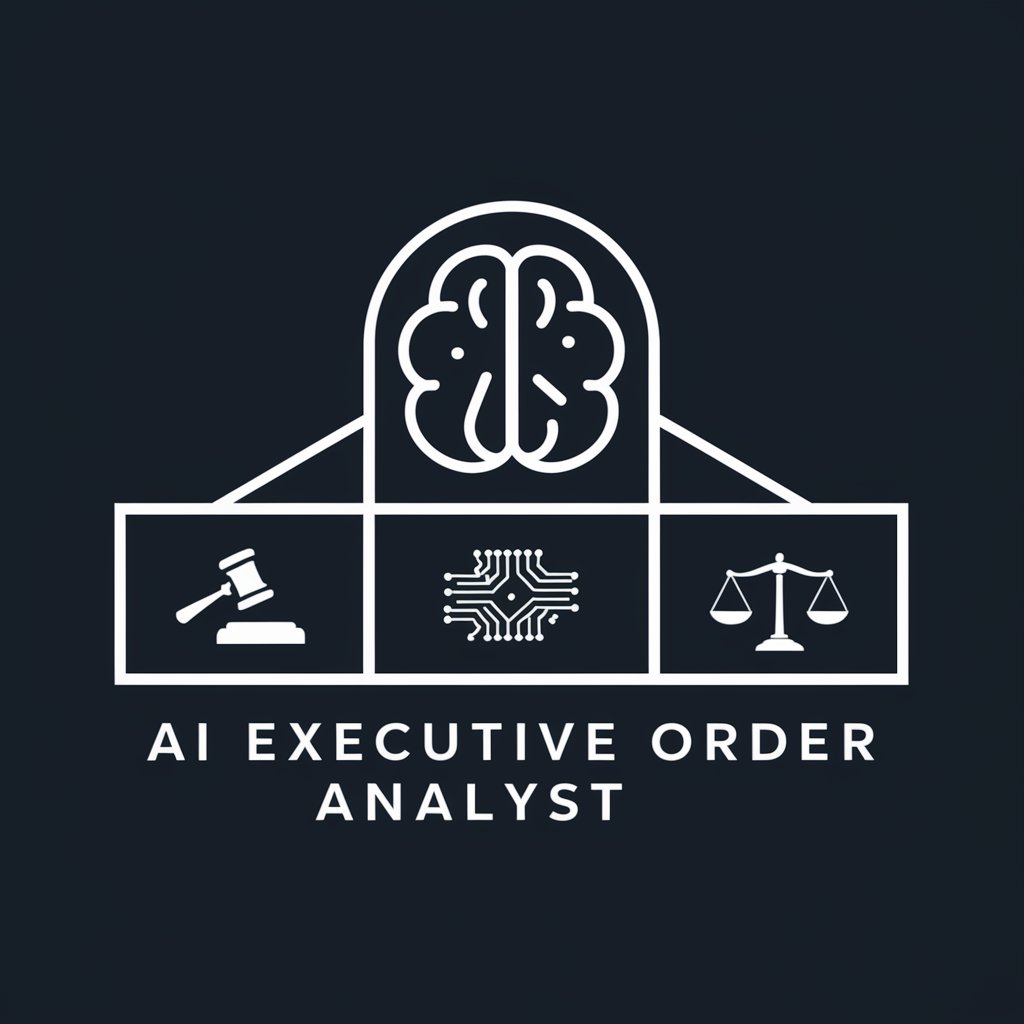
Sozialversicherungs-Agent
Empowering Swiss Social Security with AI

Q&A on Transformación Digital & IA en Educación Superior
What is Transformación Digital & IA en Educación Superior?
It refers to the strategic incorporation of digital technologies and artificial intelligence into higher education institutions to enhance learning, teaching, administration, and research processes.
How can AI enhance personalized learning in higher education?
AI can analyze vast amounts of data on student learning habits, preferences, and performance to deliver customized content, recommend resources, and adjust learning paths in real-time.
What role does digital transformation play in university administration?
Digital transformation streamlines administrative processes through automation, improves decision-making with data analytics, and enhances student services with digital platforms for a more efficient and responsive administration.
Can AI improve academic research in universities?
Yes, AI technologies such as machine learning and data analytics can significantly enhance research capabilities by processing large datasets, identifying patterns, and providing insights that were previously unattainable.
What are the ethical considerations of implementing AI in higher education?
Ethical considerations include ensuring the privacy and security of student data, preventing bias in AI algorithms, and maintaining academic integrity in the use of AI technologies.
